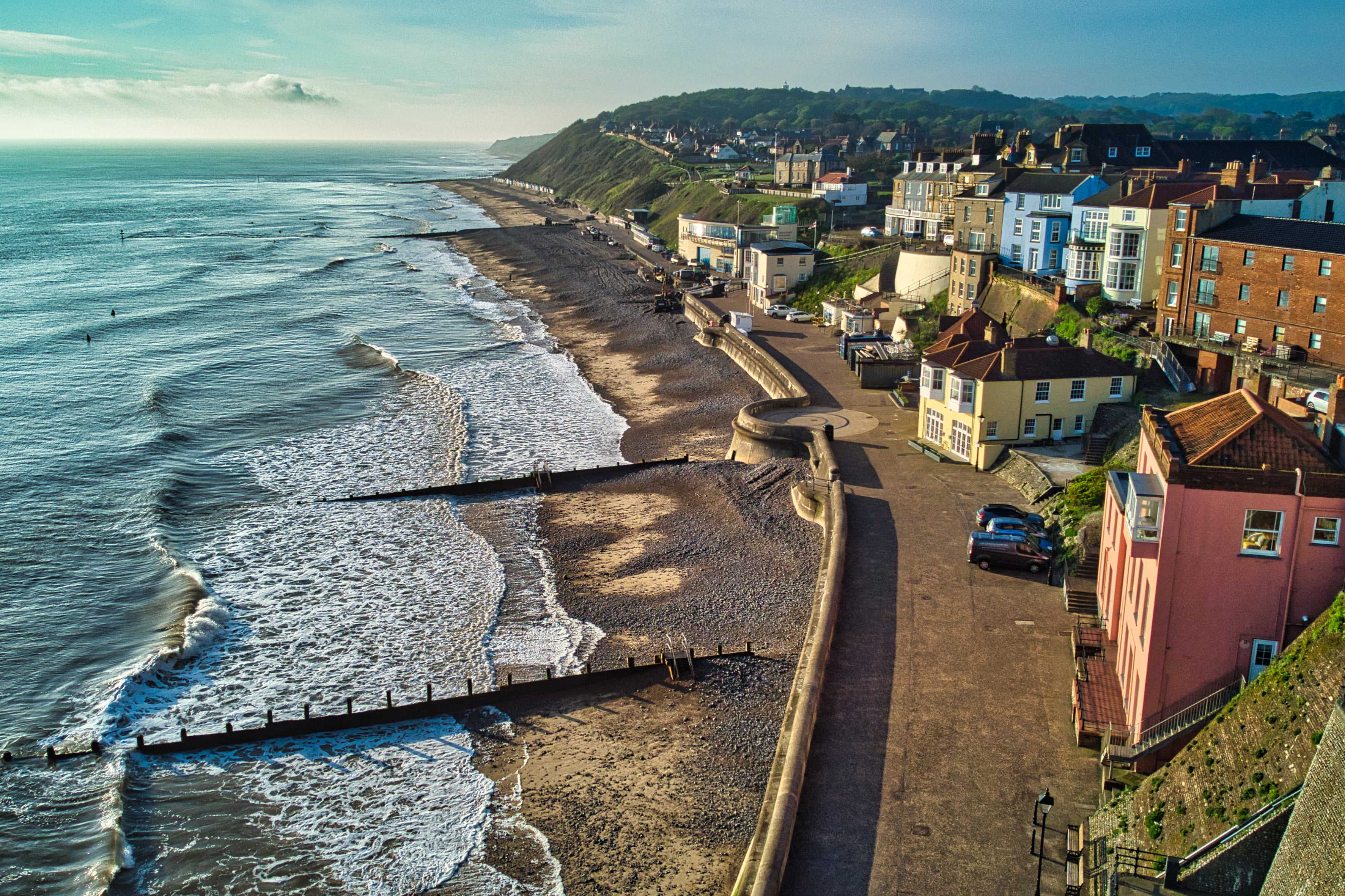In times past, if you read that the Canaries were hard to beat at this time of year, you’d think you were reading a tired platitude about winter sun in Tenerife. Today, though, it’s as likely to be a reference to the pride of Norfolk, Norwich City FC, who at the time of writing had not lost a game of football for six weeks. That’s not the only thing that East Anglia, once described by Paul Theroux as the rump of Britain, has to shout about right now.
The region – typically defined as comprising the counties of Norfolk, Suffolk and Cambridgeshire (and sometimes Essex) – is enjoying a long-overdue moment in the spotlight, after Lonely Planet named it in its Best in Travel list as one of the world’s top places to visit in 2025.
Other names on the list include the likes of Fiji and Nepal, and while the East Anglian coastline has plenty of showstopping beaches to rival any palm-strewn Melanesian idyll, the region’s topography can’t exactly be called Himalayan – not for no reason did Noel Coward pen the immortal line: “Very flat, Norfolk.”
Still, East Anglia is a region of great natural beauty and cultural richness, and it’s something of a mystery why the region has remained so firmly off the tourist radar for so long.

Read more: The best walks in the Lake District
Always ahead of his time, David Bowie was taking us from Ibiza to the Norfolk Broads as long ago as 1971, and that area of waterways, windmills and wetland birds remains a captivating starting point for exploring the region. The Broads National Park actually covers the counties of both Norfolk and Suffolk, and comprises a network of lakes and rivers – once thought natural, but actually flooded medieval peat extraction pits – navigable on boat trips like those offered by Broads Tours. Board the Belle of the Broads for a river cruise from the village of Wroxham, with the skipper delivering a running commentary on the grebes, fulmars, tufted ducks, and various other waterbirds you can spot from the deck (perhaps more pertinently, there is also a licensed bar on board).
Towards the coast, the Broads give way to some of Britain’s most beautiful beaches. “Brancaster Beach, in my opinion, is up there with Holkham…
Click Here to Read the Full Original Article at The Independent Travel…
